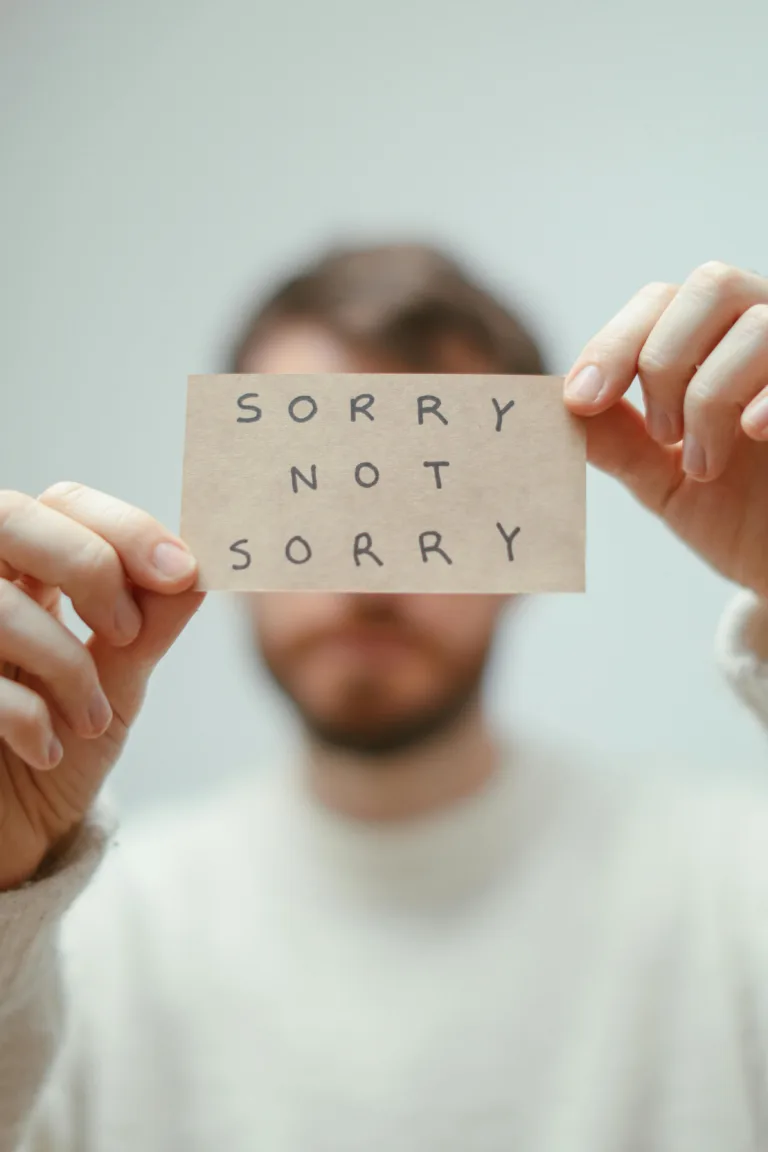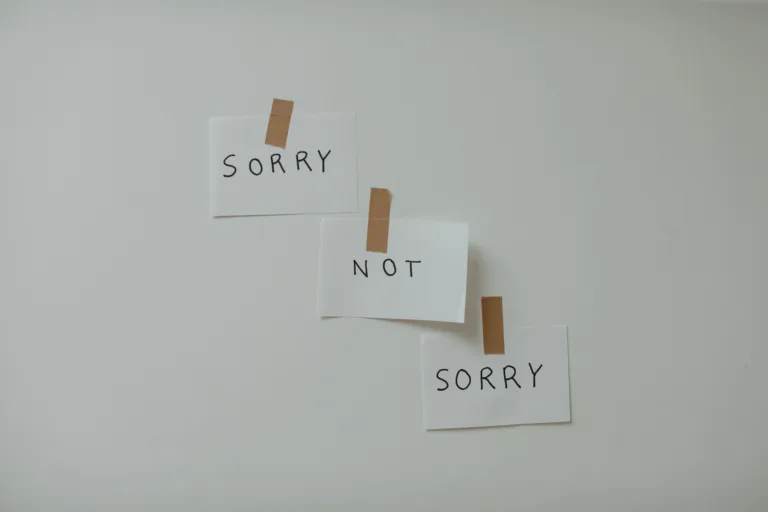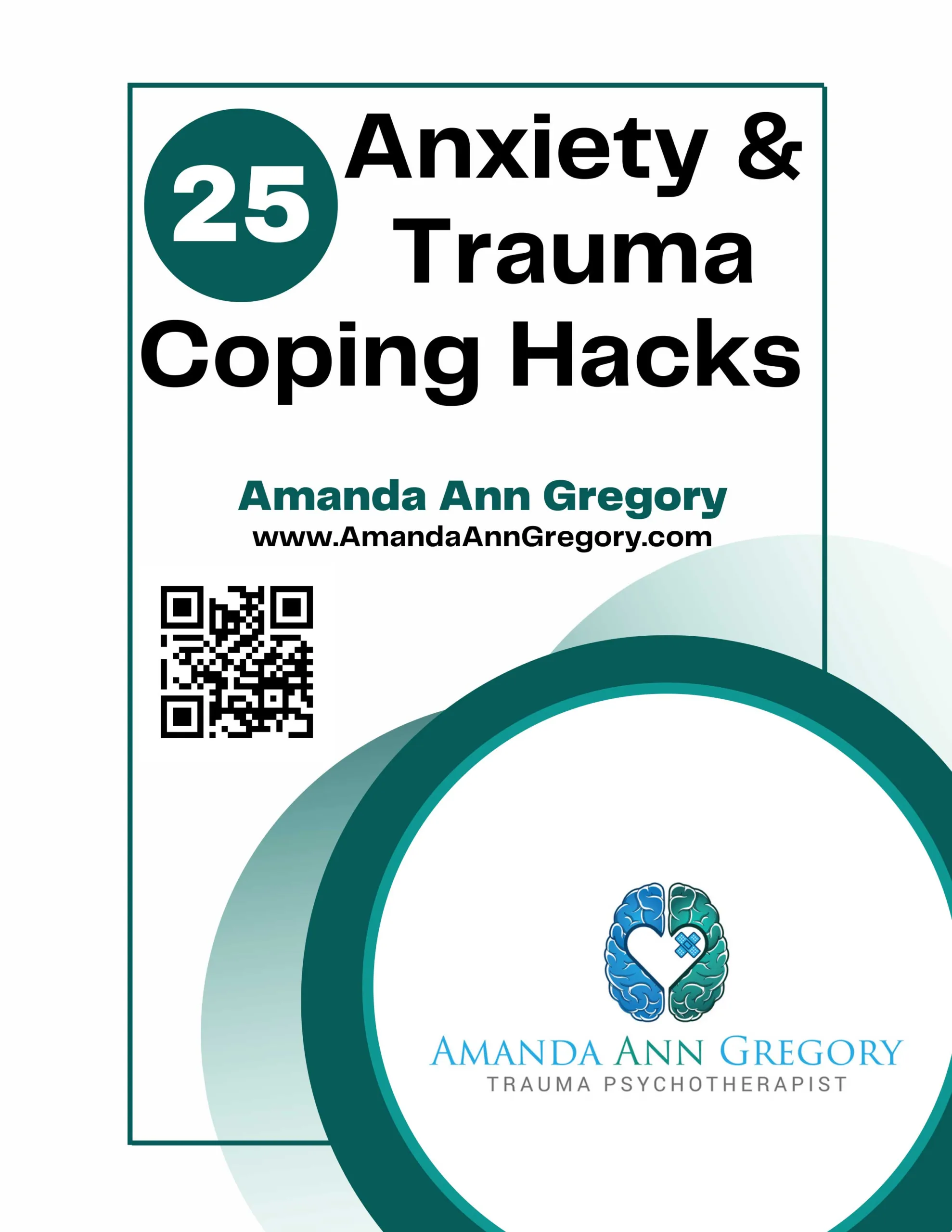Guilt and shame are often viewed interchangeably, but they couldn’t be more different. While researching my book, You Don’t Need to Forgive, I discovered that many people confuse the two, and this negatively impacts their ability to grow and heal.
Guilt and shame are emotional experiences that can have a devastating and far-reaching impact on your psychological health. They can not only negatively impact your mood but also your physical health, career success, finances and relationships to name a few. It’s vital that you are aware of these emotional experiences and how they can impact you.
Guilt
Merriam-Webster Dictionary describes guilt as “a feeling of deserving blame for offenses.” Guilt can be a healthy experience as it prevents you from participating in actions which go against your values. For example, if you value respect in your relationships, you will feel guilty if you called someone you love an “idiot.”
Guilt can also be brought about by consequences. Let’s say that when you call someone you care about an “idiot” they in turn end the relationship. You could feel guilty for causing the end of the relationship. Therefore, you may experience guilt as a result of your actions themselves and/or due to the direct consequences of your actions.
The purpose of the experience of guilt is to positively impact your actions. Therefore, guilt can be very productive. For example, let’s say that you called a friend an “idiot.” Your friend expresses that they feel hurt. You then feel guilty due to your actions. You’d be less likely to continue to call your friend names in order to avoid feeling guilty in the future. You may also avoid this action because you anticipate that you will experience guilt.
Guilt is about your actions, not about you as a person. For example, if you feel guilty you might have the following thoughts:
- I feel bad about what I did
- I shouldn’t have said that
- I wish I would have done something differently
- I shouldn’t have done it
There are times in which guilt is no longer productive or healthy. This occurs when guilt does not have a positive impact on your actions and is therefore unproductive. This can occur if your guilt is too severe or pervasive. This emotional experience can cause you to feel immobilized or unable to act. For example, you may not apologize to your friend for calling them an “idiot.” You can also act in ways that increase your guilt such as continuing to call your friend an “idiot.”
Shame
Unlike guilt, shame is never healthy or produce as shame does not positively impact your actions. Shame is not about actions, it’s about you as a person. For example, if you were to experience shame you might have the following thoughts:
- I knew I was unworthy and that just proves it
- I acted that way because I’m a bad person
- Of course, I messed up, I’m stupid
Since shame is not about your actions, it doesn’t help to change your actions or prevent you from acting in a way that goes against your values. For example, if you call your partner a name and they express hurt and you experience shame you are not likely to change your actions in the future. In fact, you may be more likely to repeat the same behaviors which may have caused your shame. Yes, you might be more likely to call your partner another name. If believe that you called them a name because you’re a bad person then you might continue to express actions which a bad person would express.
Here are a few examples of how shame can negatively impact actions.
- You believe that you are unworthy, so you don’t ask for a pay raise or try to get a promotion
- You believe you are a bad person so you seek out relationships with people who will treat you as you feel a bad person should be treated.
- You make careless mistakes because you believe you are stupid.
- You justify people’s actions towards you because you believe you deserve it you made them do it.
Shame is often deeper and more invasive than guilt as it’s about us at our core. Shame can be created or reenforced by behaviors that other express which impacts you, actions that you express or life experiences. Here are some life experiences that may contribute to shame:
- Childhood Abuse (Emotional, Physical, Sexual, Neglect, Abandonment)
- Disrupted Childhood Attachments to Caregivers
- Experiencing abuse in relationships
- Medical Illnesses
- Combat Trauma
- Any significant traumatic event or series of events
If shame is not addressed, it can lead to a significant negative impact on various aspects of your life. You could experience anxiety, panic, depression, apathy, anger or dissociation due to shame to name a few. Guilt can be a healthy experience if it helps to positively changes your actions. If you experience persistent guilt, it could be disabling.
Purchase my book, You Don’t Need to Forgive
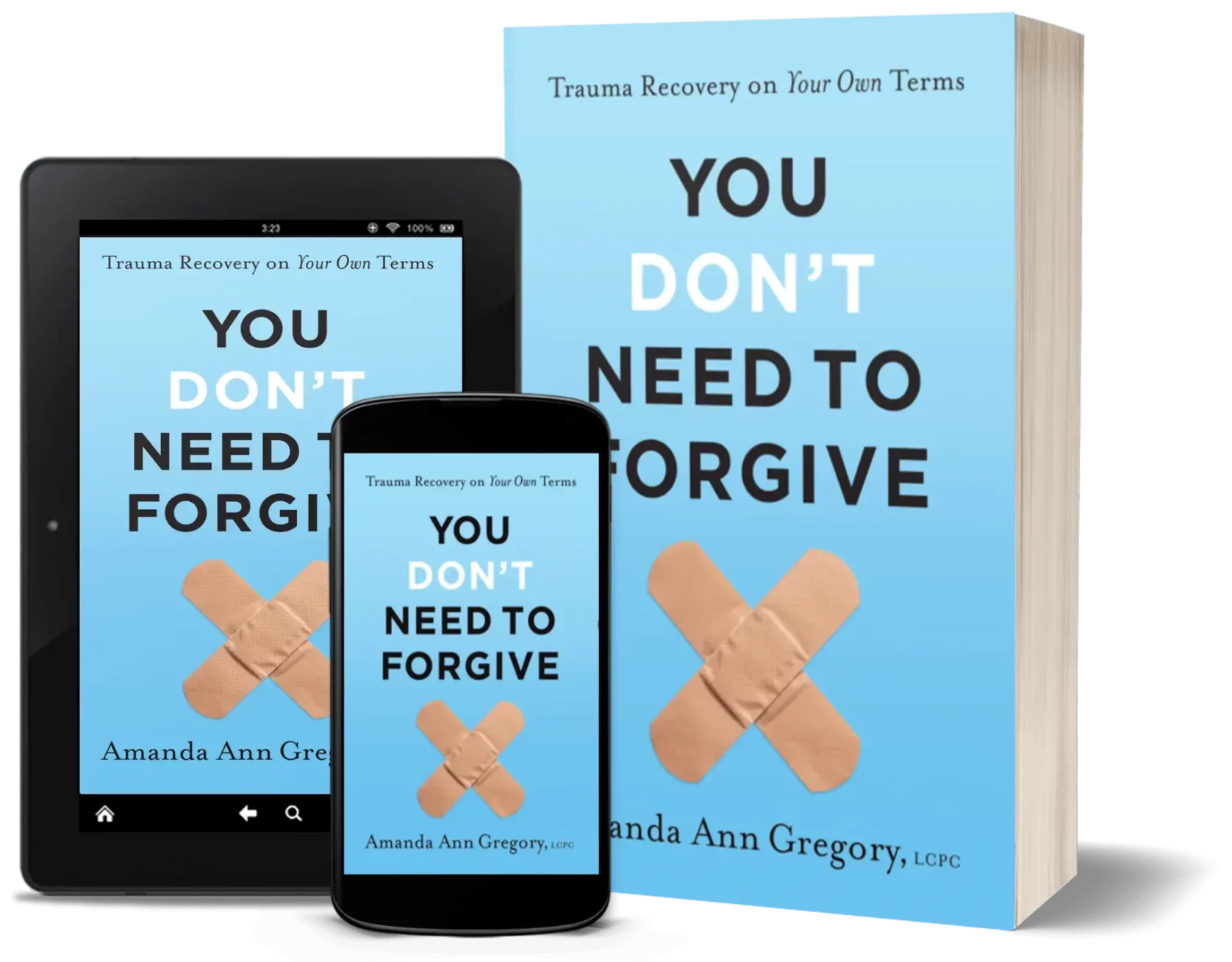
Sign up to get your Free eBook: 25 Anxiety & Trauma Coping Hacks
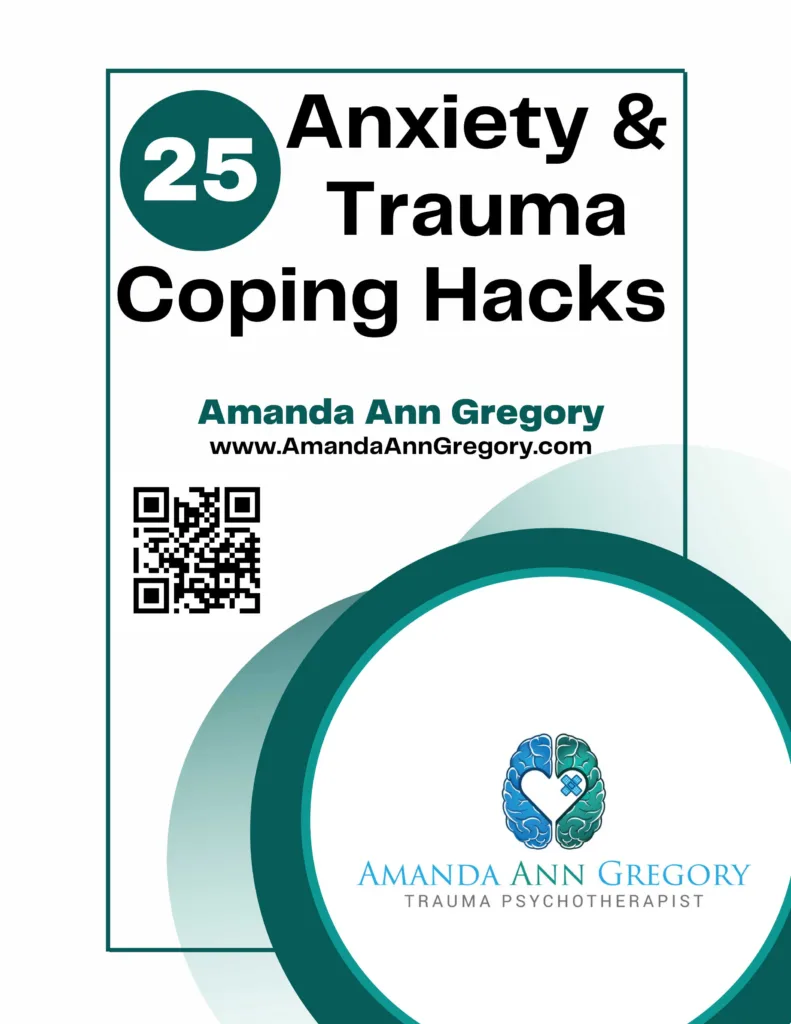
Hire me to speak at your event! Contact Me


